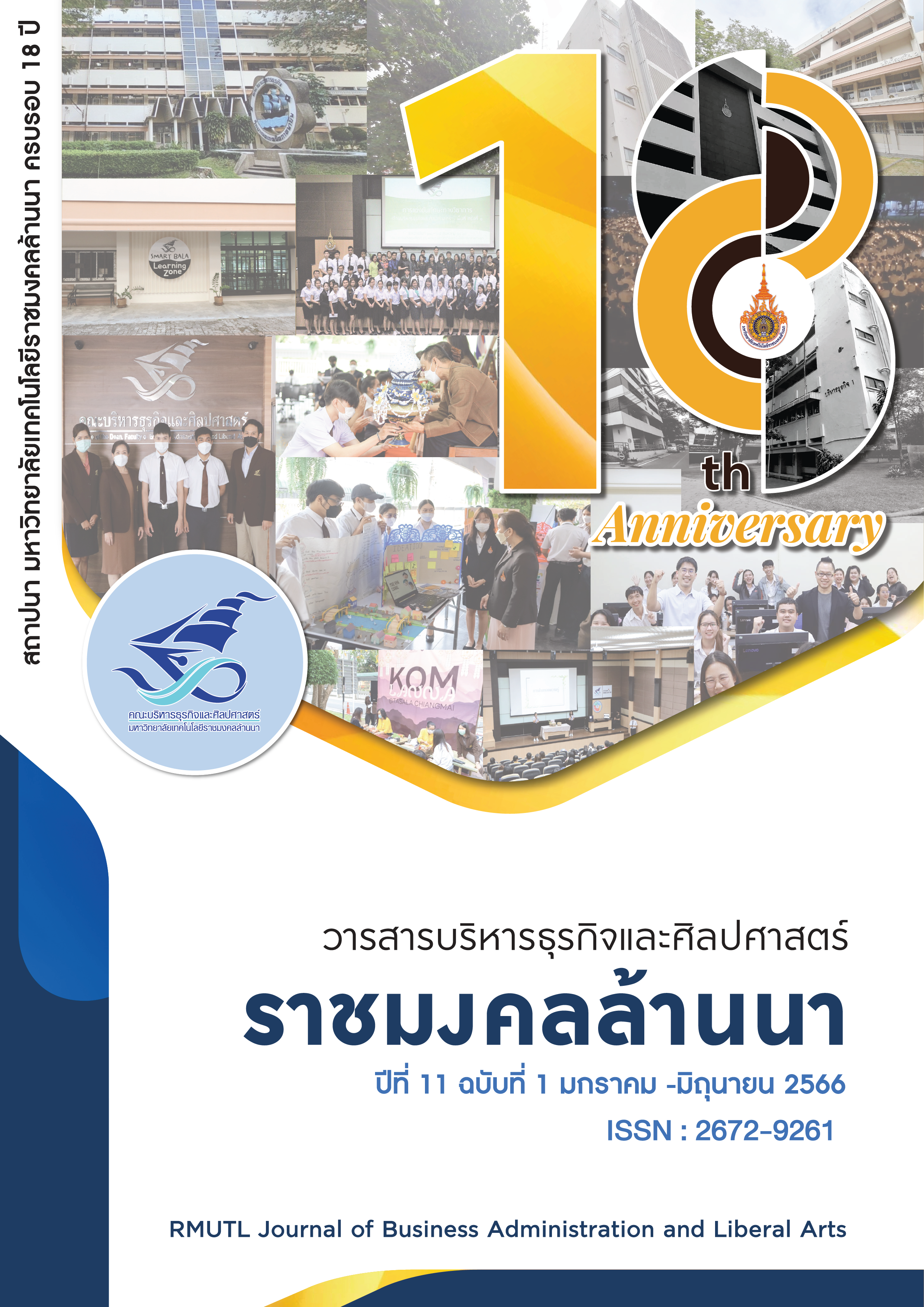Information Technology Skills for Primary School Teachers in a Digital Society
Main Article Content
Abstract
Teachers cannot deny that the use of information technology has played a very important role in teaching and learning. This article would like to present information technology skills for elementary school teachers in the digital society, which are essential skills for primary school teachers in the digital society. The priority of teaching and learning today, however, frequently rests with the students, with teachers serving as assistants to help students reach their full potential by using information technology as a tool, which necessitates that teachers serve as information managers and learning managers in order to ensure proper learning. In order to stay up with information technology media, educators must develop learners' competencies, or the information technology abilities required for knowledge, skills, ideas, and communication in order for learners to be able to live and work in the modern world. Therefore, in order to prepare students to be ready to adapt to live appropriately with the characteristics of the society go in a society that is constantly changing, teachers' roles and responsibilities must be coupled with information technology skills for elementary school teachers in the digital society. Due to the fast change and obsolescence of information and technology, teachers must promote lifelong learning among their pupils.
Article Details

This work is licensed under a Creative Commons Attribution-NonCommercial-NoDerivatives 4.0 International License.
บทความวิจัยนี้เป็นของลิขสิทธิ์
References
กระทรวงศึกษาธิการ. (2551). หลักสูตรแกนกลางการศึกษาขั้นพื้นฐาน พุทธศักราช 2551. กรุงเทพฯ: โรงพิมพ์รับส่งสินค้าและพัสดุภัณฑ์.
กิตติ ภักดีวัฒนะกุล. (2552). เทคโนโลยีมัลติมีเดีย. กรุงเทพฯ: เคทีพี คอมพ์แอนด์คอนซัลท์.
ครูบ้านนอกดอทคอม. (2565). 6 ทักษะจำเป็นสู่ความสำเร็จในอนาคตยุคดิจิทัล. สืบค้น 16 กันยายน 2565. จาก https://www.kroobannok.com/89966
จรรยา ดาสา. (2552). 15 เทคนิคในการจัดการเรียนรู้ที่เน้นการเรียนรู้เชิงรุก. นิตยสารสถาบันส่งเสริมการสอนวิทยาศาสตร์และเทคโนโลยี (สสวท.), 36(163), 72-76.
ชฎาพร จิตศิลป์. (2555). ครูกับเทคโนโลยีสารสนเทศ. สืบค้น 2 กันยายน 2565. จาก https://www.gotoknow.org/posts/490852.
ชวาลี สกุลเอี่ยมไพบูลย์. (2558). กลยุทธ์การบูรณาการเทคโนโลยีสารสนเทศและการสื่อสารกับการจัด การศึกษาโรงเรียนประถม เพื่อนำไปสู่ทักษะแห่งศตวรรษที่ 21 โดยการใช้วิธีการเทียบเคียงสมรรถนะ. (ปริญญาดุษฎีบัณฑิต). ครุศาสตรดุษฎีบัณฑิต สาขาวิชาเทคโนโลยีและสื่อสารการศึกษา จุฬาลงกรณ์มหาวิทยาลัย.
ชัชวาลย์ เจียรวนนท์. (2545). สังคมยุคดิจิทัล. สืบค้น 5 กันยายน 2565. จาก http://www.thaitelecom.com
นันทิยา น้อยจันทร์. (2565). ครูของครู แนะ “ครูยุคดิจิทัล” ต้องเป็นอย่างไร. สืบค้น 6 กันยายน 2565. จาก https://www.komchadluek.net/news/501304
ประกอบ กรณีกิจ. (2557). รวมบทความเรื่องเทคโนโลยีและสื่อสารการศึกษา. กรุงเทพฯ: จุฬาลงกรณ์ มหาวิทยาลัย.
โปรแกรมวิชาการประถมศึกษา คณะครุศาสตร์ มหาวิทยาลัยราชภัฏกำแพงเพชร. (2565). มารู้จักกับการเป็นครูประถมศึกษากันเถอะ. สืบค้น 5 กันยายน 2565. จาก https://elementary.kpru.ac.th
พระสุพิน สุภโณ. (2558). บทบาทของครูในยุคเทคโนโลยีสารสนเทศ. สืบค้นเมื่อ 5 กันยายน 2565. จาก https://sites.goo gle.com/site
พิมพันธ์ เตชะคุปต์. (2559). การจัดการเรียนรู้ในศตวรรษที่21. กรุงเทพฯ: โรงพิมพ์แห่งจุฬาลงกรณ์ มหาวิทยาลัย.
ยืน ภู่วรวรรณ. (2558). บทบาทของครูในยุคดิจิตอล. สืบค้น 5 กันยายน 2565. จาก https://hongyokyok.wordpress.com/64-2/
รุ่ง แก้วแดง. (2553). ปฏิวัติการศึกษาไทย. พิมพ์ครั้งที่ 5. กรุงเทพฯ: พิมพ์ดี.
วรวุฒิ อ่อนน่วม. (2555). ปรากฏการณทางการสื่อสารยุคดิจิทัล: บทบาทใหม่ผู้รับสาร. สืบค้น 6 กันยายน 2565. จาก http://kmcenter.rid.go.th/
สำนักงานเลขาธิการคุรุสภา. (2559). แบบแผนพฤติกรรมตามจรรยาบรรณครู พ.ศ. 2559. สืบค้น 2 กันยายน 2565. จาก https://dl.parliament.go.th/
สุคนธ์ สินธพานนท์. (2560). ครูยุคใหม่กับการจัดการเรียนรู้ สู่การศึกษา 4.0. พิมพ์ครั้งที่ 1. กรุงเทพฯ: หจก. 9 1 1 9 เทคนิคพริ้นติ้ง
Blankson, J. (2005). The use of technology by Faculty Members at Ohio University. Dissertation Abstracts International, 65(01), 68-A.
Banthitablog. (2559). บทบาทของครูในยุคเทคโนโลยีสารสนเทศและยุคดิจิตอล. สืบค้น 5 กันยายน 2565. จาก https://banthitablog.wordpress.com.
Dominik, P. (2012). Teachers’ pedagogical beliefs and their use of digital media in classrooms: Sharpening the focus of the ‘will, skill, tool’ model and integrating teachers’ constructivist orientations. An International Journal (Computers & Education), 58(4), 1351-1359.
Hacker, R. (1981). Knowledge structure. New York: McGraw-Hill.
Krumsvik, R.J. (2014). Teacher educators' digital competence. Scandinavian Journal of Educational Research, 58(3), 269-280.
Ieva, V. (2015). E-inclusion Process and Societal Digital Skill Development. Discourse and Communication for Sustainable Education, 6(1), 86-94. DOI:10.1515/dcse-2015-0006
P'Menu SPU. (2563). 5 บุคลิก ครูยุคดิจิทัล. สืบค้น 6 กันยายน 2565. จาก https://www.spu.ac.th/contents/2020
Vichsuda ดอทคอม. (2559). บทบาทของครูในยุคเทคโนโลยีสารสนเทศและยุคดิจิตอล. สืบค้น 5 กันยายน 2565. จาก https://vichsuda.wordpress.com

